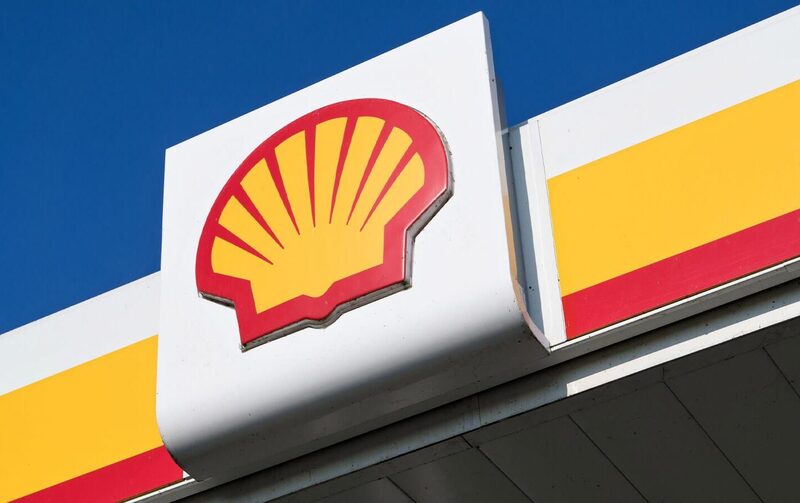
C3S: July 22 hottest day in recent history
July 22 was the hottest day on earth in recent history, according to the Copernicus ...

Shell achieved its short-term target to reduce the net carbon intensity of the energy products it sells by 2-3% by the end of 2021, compared with 2016 as well. The company is now working towards a 9-12% reduction in net carbon intensity by 2024, and a 20% reduction by 2030, both compared with 2016.
This came in an Energy Transition Progress Report 2021 which was published by Shell to detail the company’s progress over the past year. This report will be put to shareholders for an advisory vote at the Annual General Meeting on 24 May 2022.
“In a time of great uncertainty, it is vital that our long-term energy transition strategy remains on track,” said Ben van Beurden, Shell’s Chief Executive Officer. “This report shows the strong progress we have made towards our target to become a net-zero emissions energy business by 2050.”
This progress includes critical investment decisions in the production of low-carbon fuels, solar and wind power, and hydrogen, and significant changes to Shell’s Upstream and refinery portfolios. The company has also simplified its share structure and moved its headquarters to the UK from the Netherlands.
In 2021, Shell continued to work with customers across sectors, from aviation to marine and road freight, forming more than 50 collaborations with other leading companies.
Today’s publication shows Shell’s progress against concrete climate goals. Last year, the company set a new target to reduce absolute emissions from its operations and the energy it uses to run them by 50% by 2030, compared with 2016 on a net basis. By the end of 2021, Shell had made a reduction of 18%.
“We are helping our customers to identify and use low- and zero-carbon alternatives to the energy products they have used for many decades,” said Andrew Mackenzie, Shell Chair. “We see great business opportunities for Shell in the fast-growing low- and zero-carbon markets where we are well positioned to provide the different products and solutions our customers need.”
July 22 was the hottest day on earth in recent history, according to the Copernicus ...
Google has engaged in partnership with DHL to utilize the DHL Express GoGreen Plus service ...
Mars has announced registering a record 8% greenhouse gas (GHG) emissions reduction against its 2015 ...


اترك تعليقا